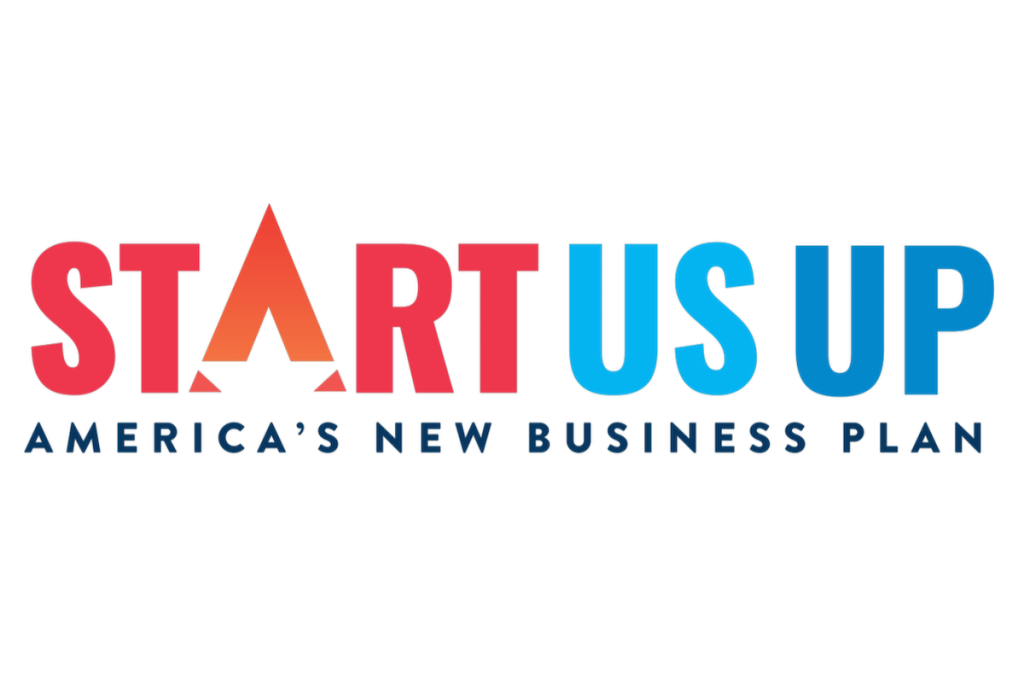During the pandemic, national service programs have helped local communities and economies address health, personnel, and logistical challenges associated with COVID-19.
AmeriCorps members have supported the nationwide vaccine rollout and in many states have helped meet other needs, such as assisting students with virtual school, packing and distributing meals, answering calls to COVID-19 hotlines and participating in contact tracing. Teach For America corps members stand poised to help schools address pandemic-related challenges, such as in Oklahoma where a $4.2 million grant is aimed at combating a teacher shortage.
A similar approach is necessary, and possible, for entrepreneurship. At a moment when individuals are filing for new businesses at record rates — many out of necessity — there is an even greater need than ever for mentoring, training, and guidance.
America’s New Business Plan calls on the federal government (specifically the Small Business Administration and the Corporation for National and Community Service) to “collaborate to develop an Entrepreneurship Corps, or ‘E-Corps,’ to mentor and train entrepreneurs. The SBA should create a plan to deploy E-Corps members to underserved communities across the United States that apply for specific assistance.”
The roadmap exists through programs like AmeriCorps. A new organization supporting entrepreneurs could prove a critical resource in facilitating a strong, equitable long-term recovery.
ANBP cites research from Endeavor Insight, which shows that “33% of founders who were mentored by successful entrepreneurs went on to become ‘top performers,’ compared with just 10% of all others.” Yet surveys show entrepreneurs of color often have disproportionately limited access to mentors and resources relative to white counterparts. About a quarter of Black and Latino first-year business owners have only one or fewer other business owners in their network.
Together, this signals a glaring need for more intentional mentorship programs, particularly in communities hit hardest by COVID-19.
In addressing the disproportionate impact of the pandemic on Black-owned businesses, policymakers have taken steps to ensure funding is distributed equitably. Now, they have an opportunity to invest not just in small businesses, but specifically the new businesses that hold tremendous job-creating potential in communities nationwide.
By creating an E-Corps, the federal government can signal it understands the importance of entrepreneurship, and how central it will be to rebuilding a better, more inclusive economy. There is exceptional energy around new business creation right now, and ensuring this next wave of entrepreneurs is connected to mentors is a necessary means of capturing that energy and leveraging its promise.
PROGRAM DETAILS
Entrepreneurs who have successfully built new businesses and have the knowledge and skills to mentor and train emerging entrepreneurs would apply to perform a year of national service in the new E-Corps. The success of E-Corps would be measured by the number of entrepreneurs mentored and trained, the number of new enterprises started by mentored entrepreneurs, and the revenues and jobs created and sustained as a result. Lessons could be learned from the experiences of other service organizations, such as SCORE.

